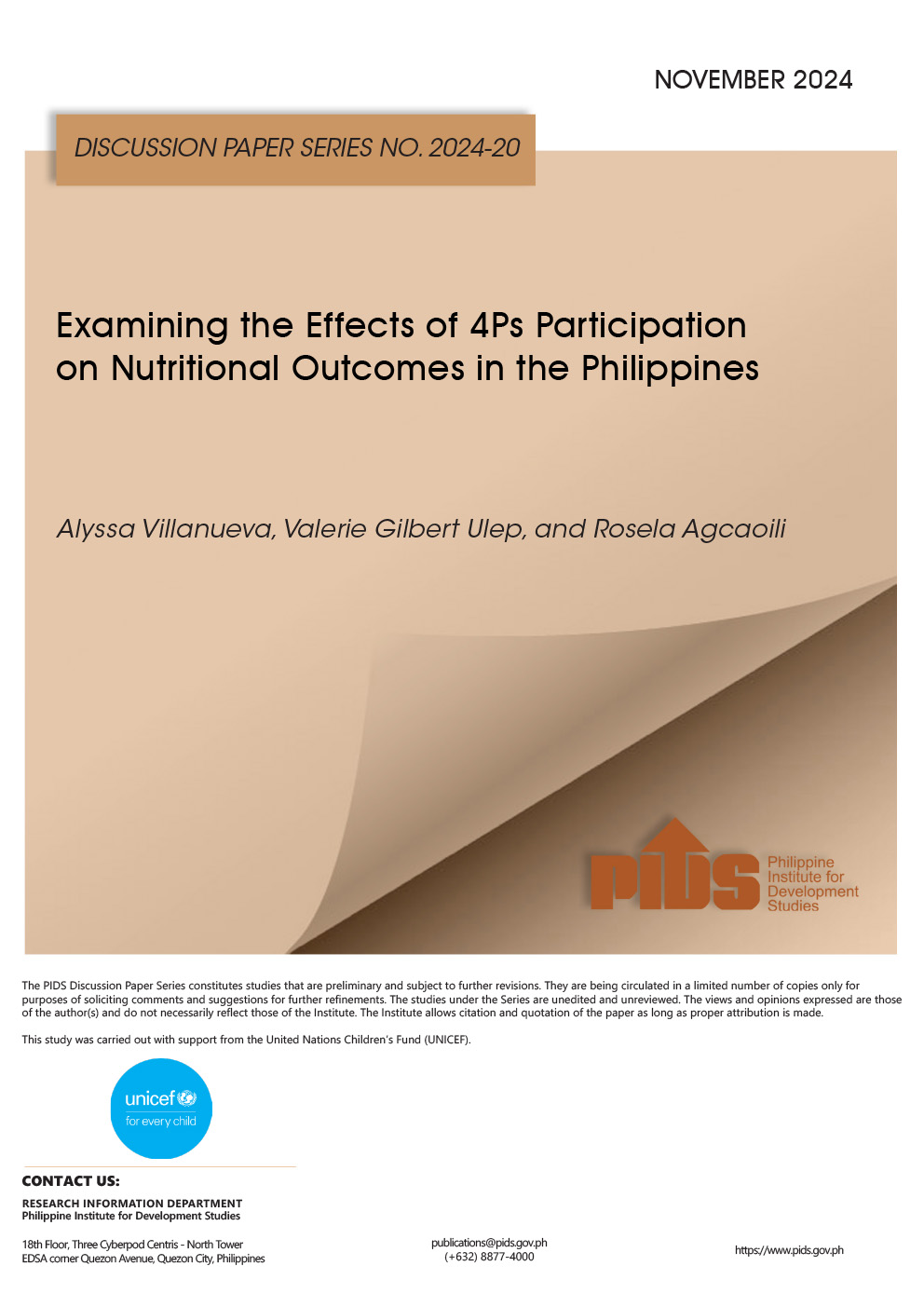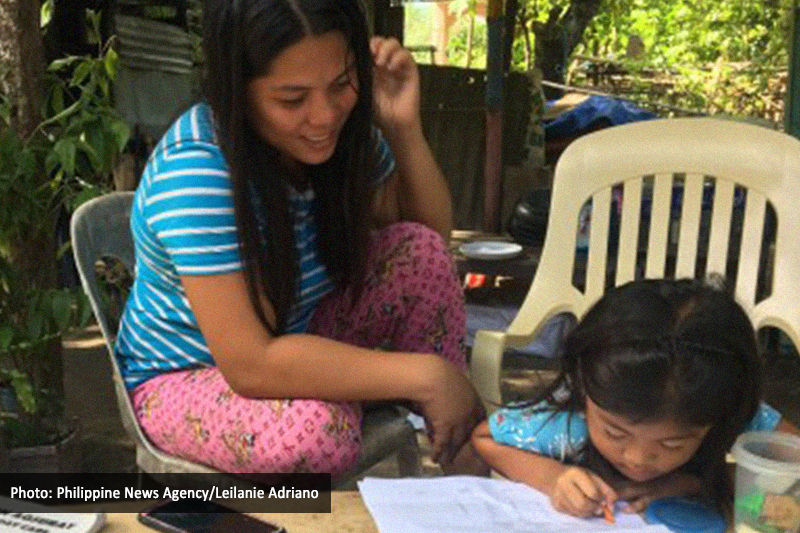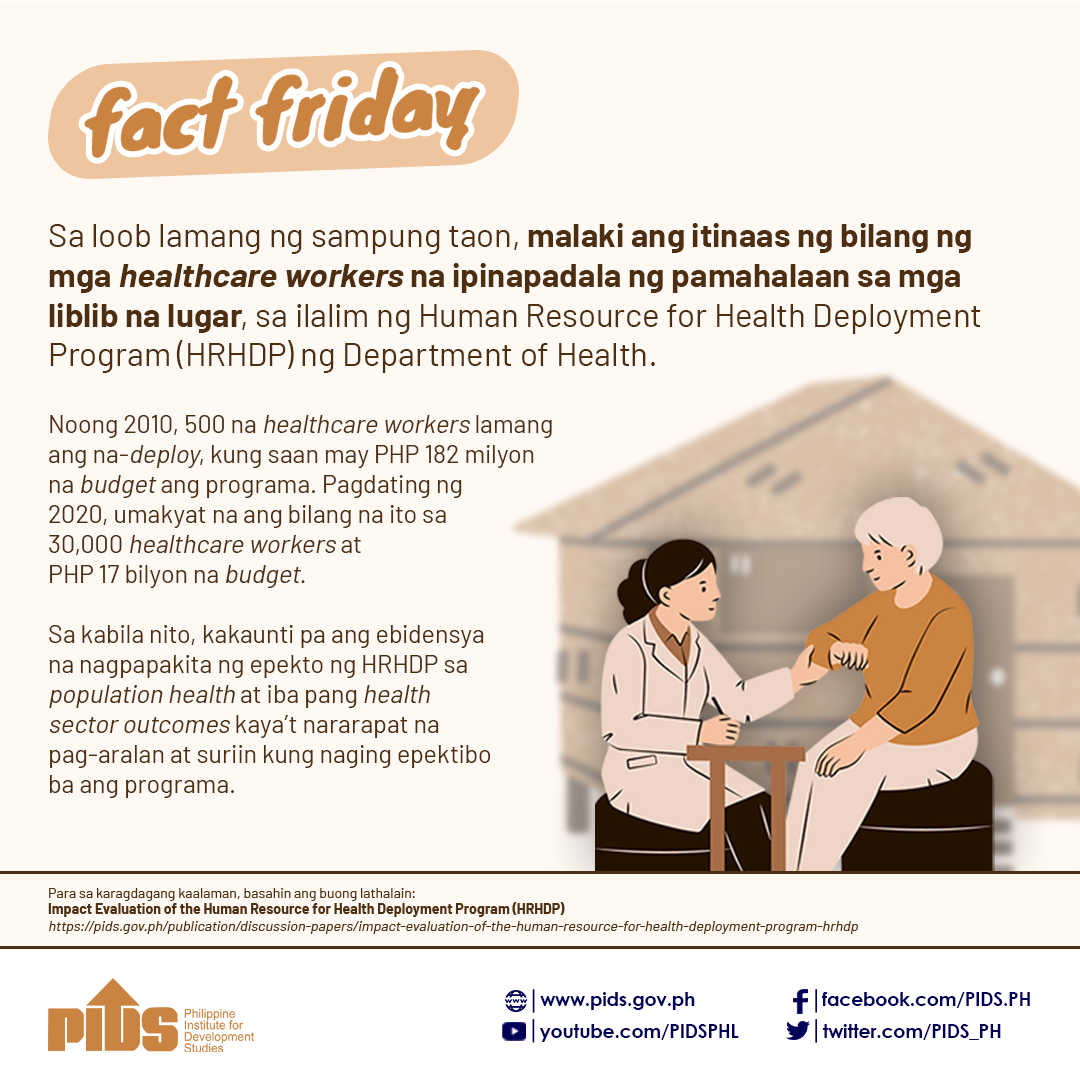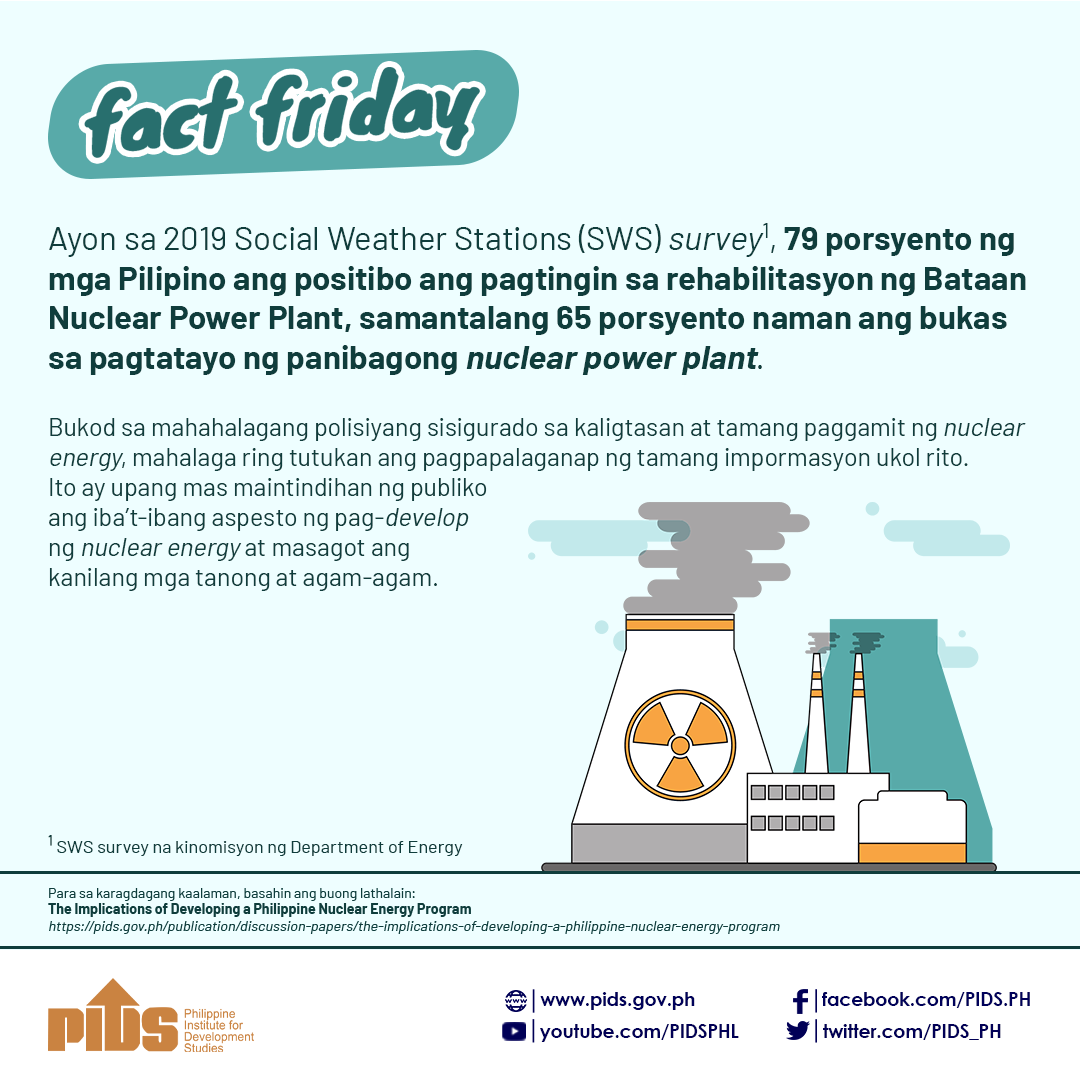Metro Manila (CNN Philippines) — There's no longer a 30% leak in the P62-billion conditional cash transfer program as earlier reported by various news agencies, citing a publication of the Asian Development Bank (ADB).
The Department of Social Welfare and Development (DSWD) announced this in a statement issued posted on its website on Saturday (June 27).
The issue came out in the Learning Lessons publication of the Independent Evaluation Department (IED) of the ADB, which was posted in the bank's website last Wednesday (June 24).
The figure was based on 2009 data and earlier poverty targeting practices, according to the DSWD, citing a clarification made by ADB Philippine Country Director Richard Bolt.
The DSWD statement quoted Bolt as saying on Saturday morning: "I wish to clarify that the figure in the "Learning Lessons" publication of ADB's Independent Evaluation Department is sourced from a 2013 study done by the Philippine Institute of Development Studies (PIDS), which is based on 2009 data and earlier poverty targeting practices. It is unfortunate that this reference was not clear."
Bolt said the issue raised in the PIDS report has been fully addressed by the DSWD.
"As such, we are confident that the issue raised is no longer the case in the ongoing conditional cash transfer program," Bolt said.
Bolt also pointed out said the IED report was strongly positive and supportive of the program.
DSWD Secretary Corazon Juliano-Soliman said she appreicated this clarification.
Soliman added that the DSWD is starting a nationwide assessment of families to determine who are poor, near poor, and non-poor. This, she said, would become the basis for the listing of qualified beneficiaries of government programs, such as the Pantawid Pamilyang Pinoy Program, as the CCT is formally known.
The program, which DSWD has been implementing for seven years now, cash grants to beneficiaries who comply with certain conditions, including having children who are going to school.
As of May 27, 2015, the DSWD said, the program has 4.4 million household-beneficiaries, spread out in 41,519 barangays in 144 cities and 1,483 towns in 80 provinces.











